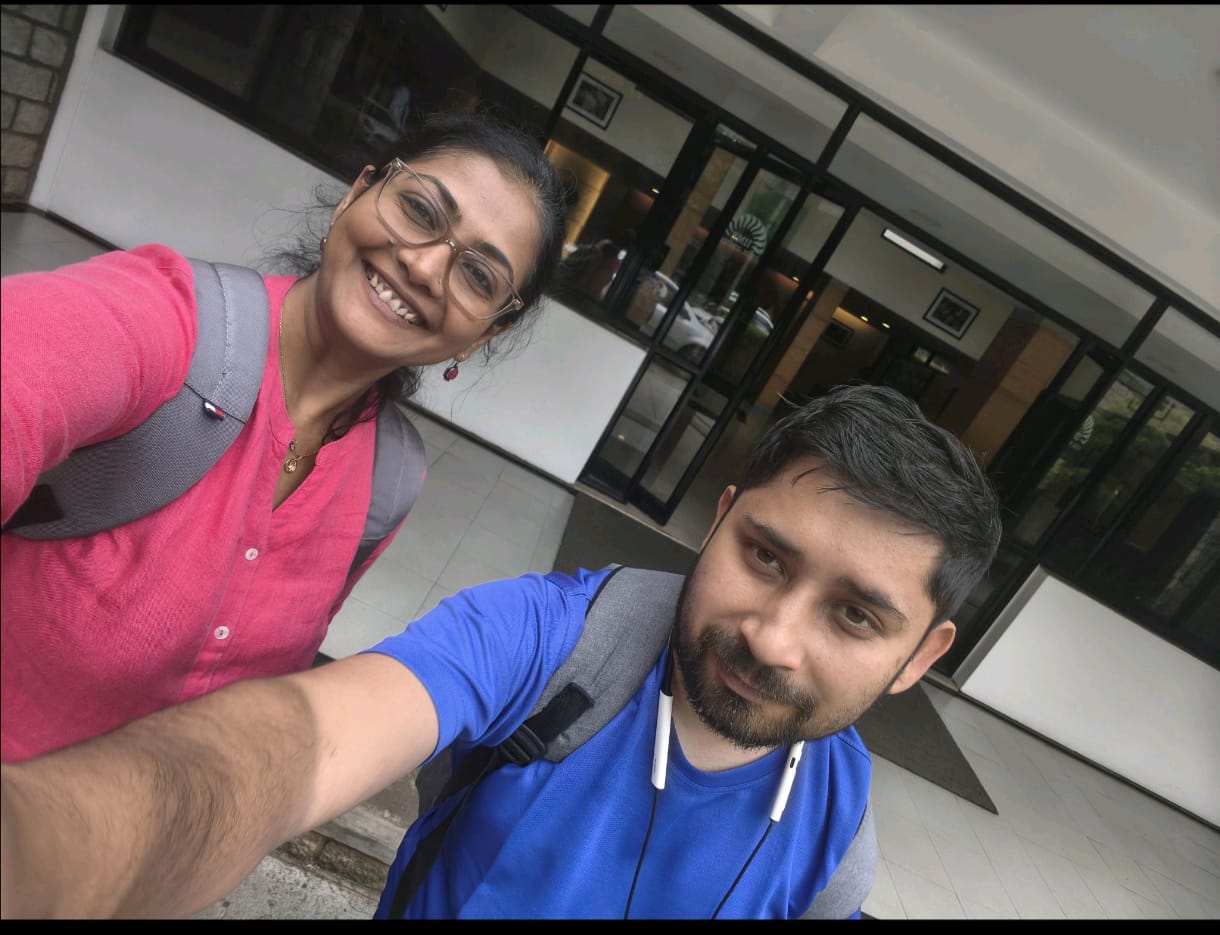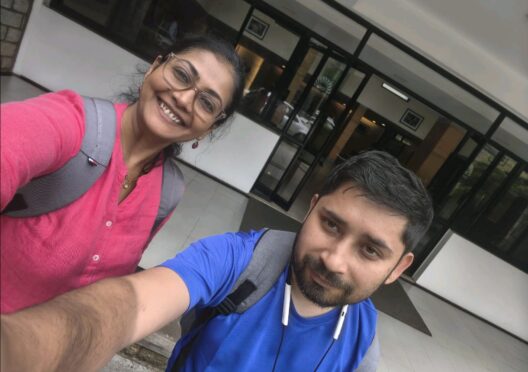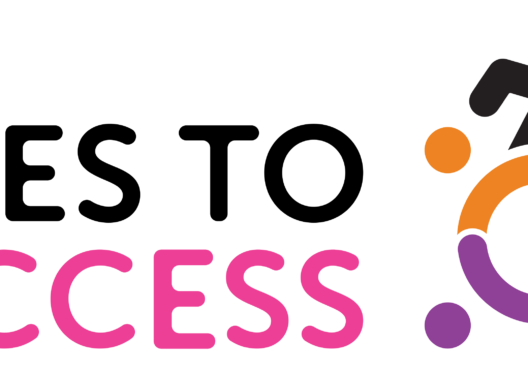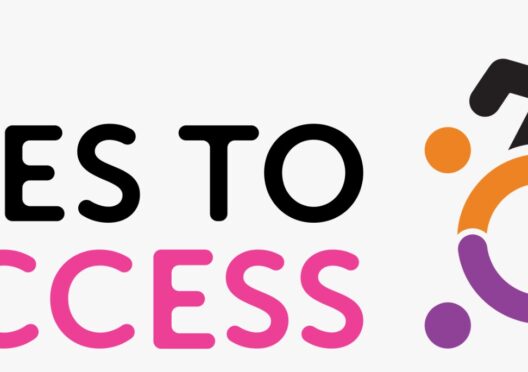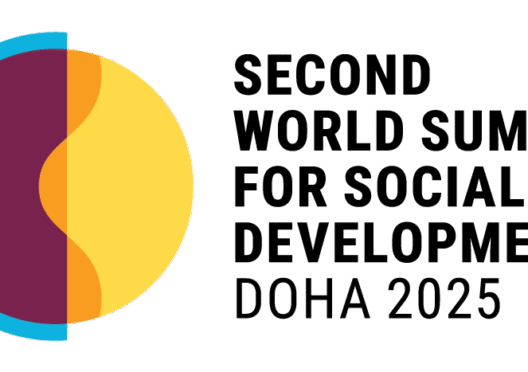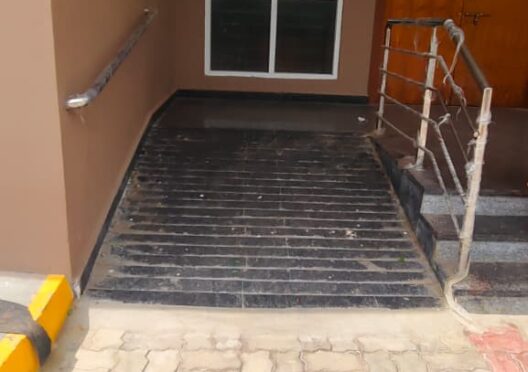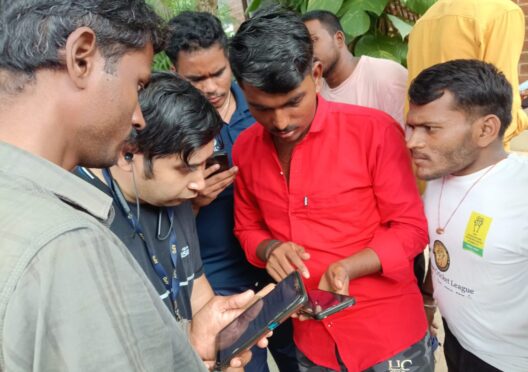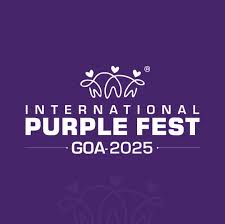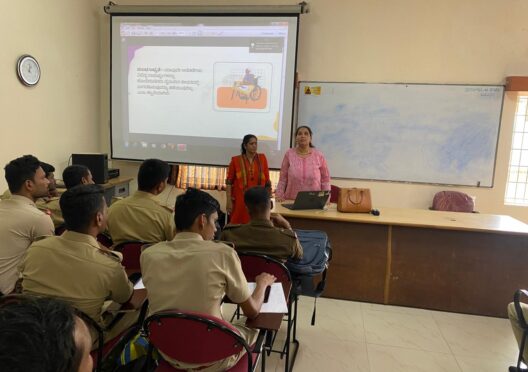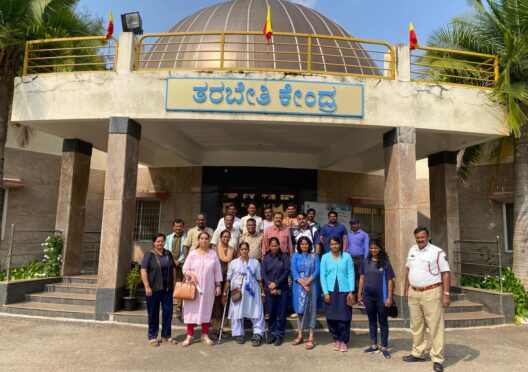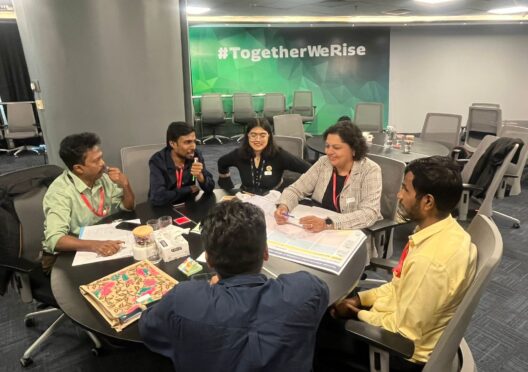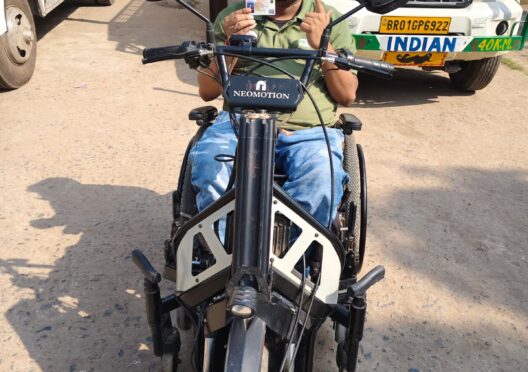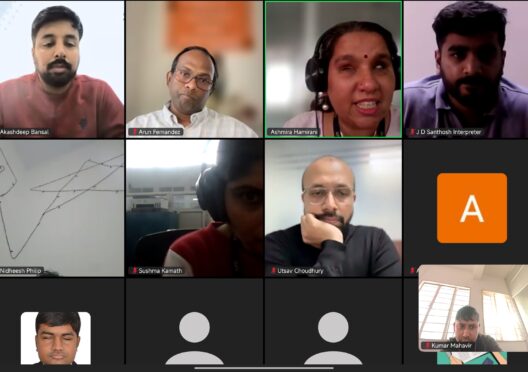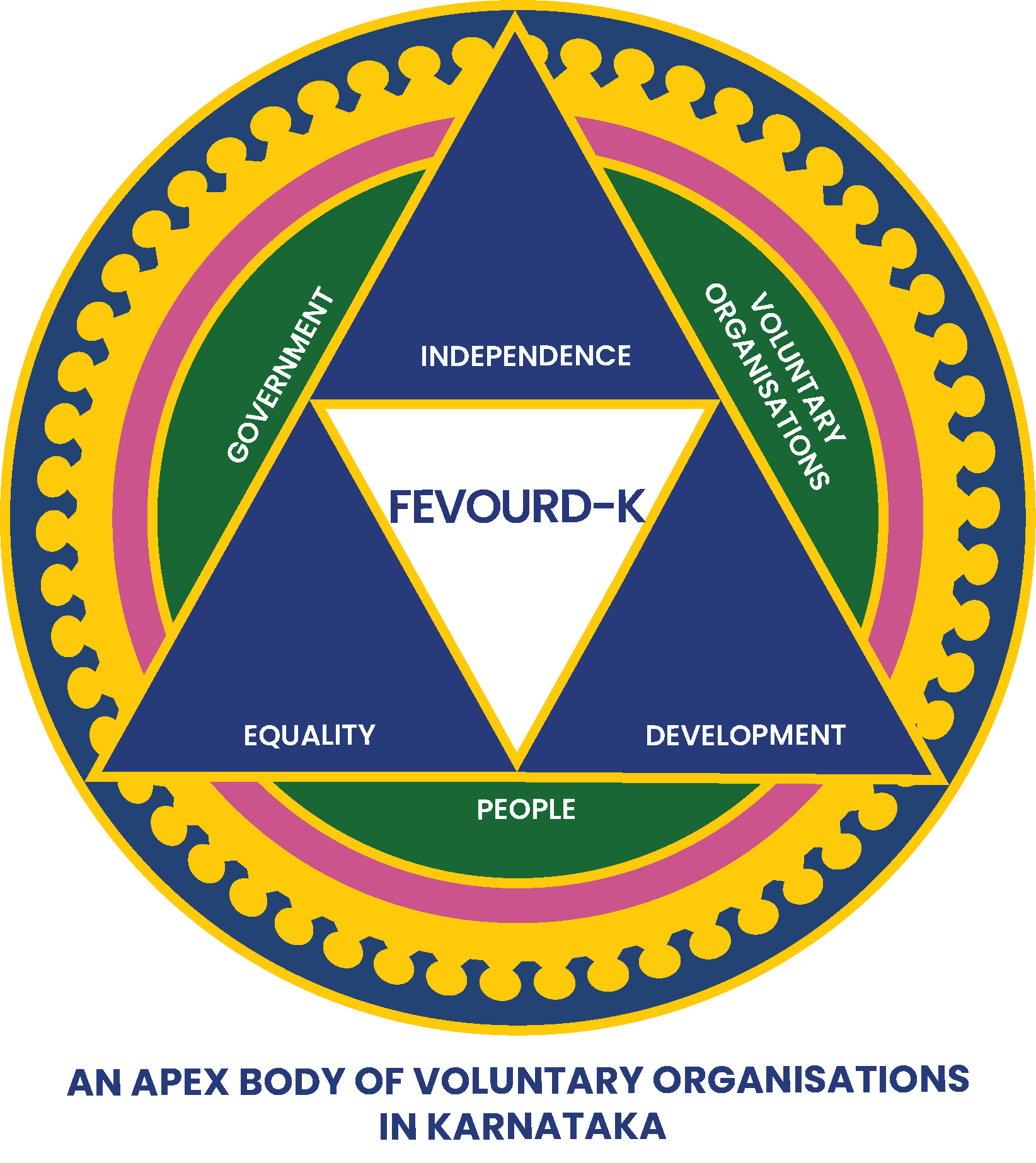IIM Public Policy Conference Experience
This is the first blog in the Events series where we document experiences of attending conferences, organizing events, and share key takeaways from these engagements.
The 20th International Conference on Public Policy and Management, hosted by the Indian Institute of Management Bangalore from August 19-21, provided three intensive days of learning, networking, and exploration. Kumar Mahavir from the Yes to Access Project and Shramana Majumdar from the Policy Research Group represented The Association of People with Disability (APD, India) at this significant gathering. The conference addressed critical intersectionalities across economics, public administration, education, law, climate change, and gender issues. Such multidisciplinary engagements are essential for exploring how disability perspectives can be effectively integrated into policy interventions and research framework
The event brought together a diverse audience of policymakers, academicians, students, professionals, and public policy enthusiasts. This convergence of practitioners and academics proved invaluable in understanding contemporary challenges and identifying pathways forward in public policy, particularly regarding the comprehensive integration of disability considerations. The sessions demonstrated exceptional quality, characterized by their informative content and highly interactive format. Notably, participants who were not presenting actively engaged in questioning, enriching the discourse significantly. The expertise of attendees, comprising experts, academicians, and students specializing in these areas contributed to particularly insightful post-presentation discussions.
One session that resonated strongly with us focused on the economics of caregiving, examining the financial implications for families supporting elderly individuals and, by extension, people with disabilities. This analysis provided valuable perspectives on often-overlooked economic dimensions of care provision. These kinds of engagements and exposure are critical for exploring the various intersectionalities of areas where disability in policy interventions and research could be aligned.
The conference however, also highlighted a concerning experience regarding the inaccessibility of IIM campus. During the event, Kumar Mahavir who has locomotor disability, shared observations about certain accessibility considerations that could enhance the campus experience for all users. These include handrails adding along stairs in key campus locations such as the auditorium, dining areas, and connecting pathways. Additionally, there appeared to be potential for enhancing wayfinding systems through more prominent signage with contrasting colors, which would benefit individuals with visual impairments.
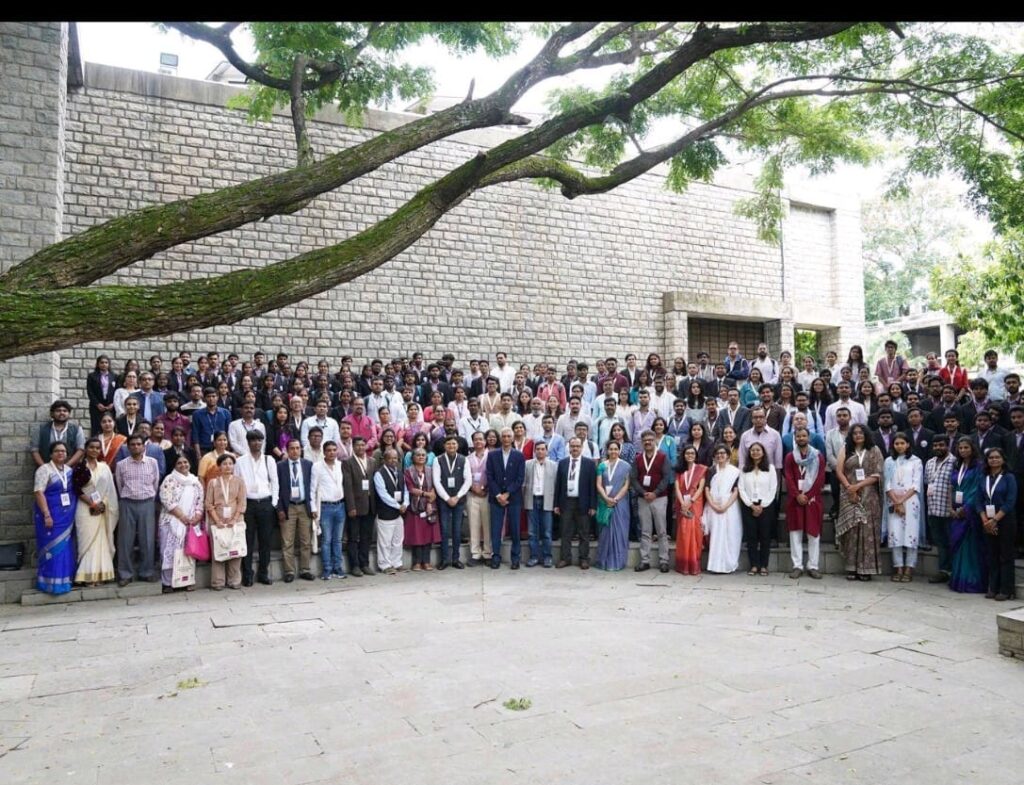
These observations reflect a common challenge faced by many institutions: balancing aesthetic design considerations with universal accessibility principles. The integration of accessibility features into architectural design continues to evolve, as institutions work to move beyond traditional approaches that may have viewed such features as separate additions rather than integral design elements. This represents an opportunity for continued growth and learning, particularly as awareness of the Rights for Persons with Disabilities Act 2016 continues to expand across various sectors, including prestigious academic institutions like IIM Bengaluru




